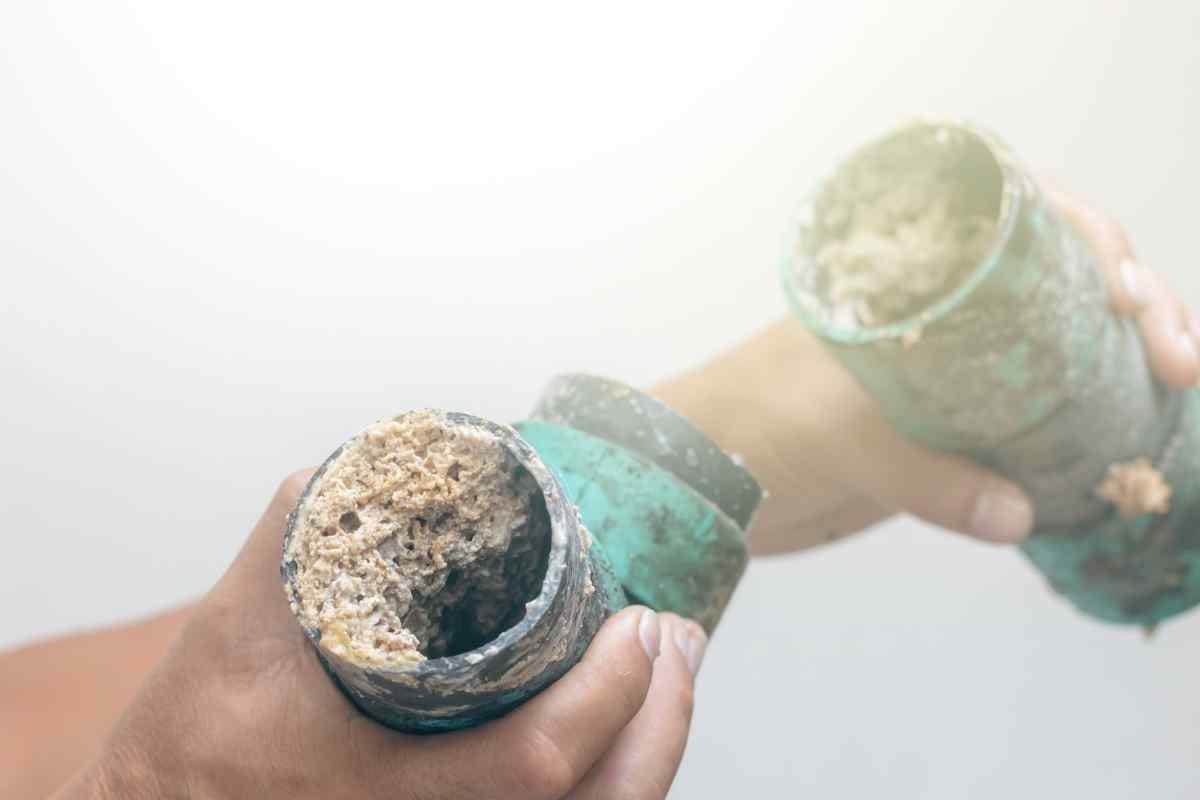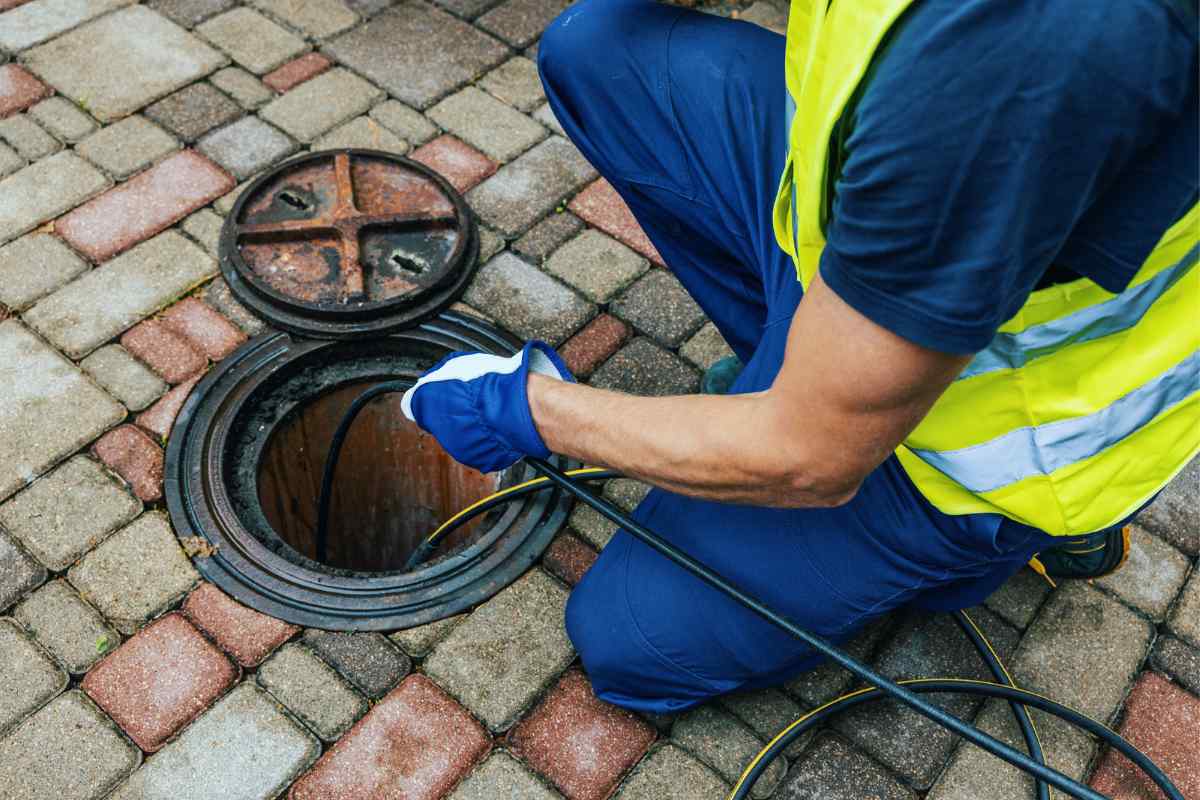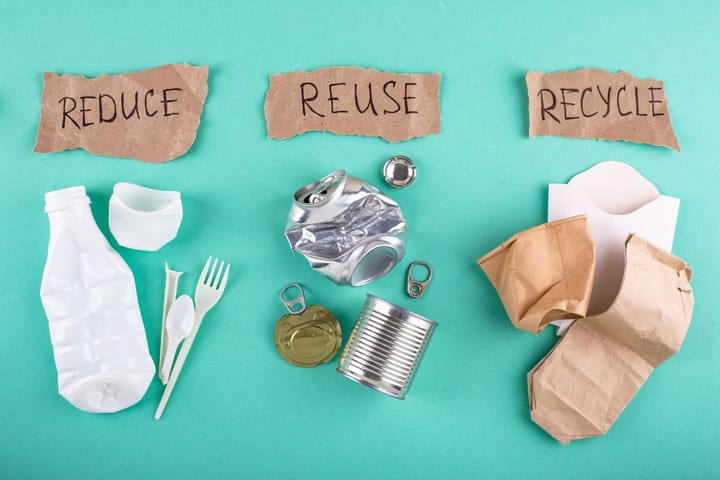Common Mistakes That Lead To Sewer Backup And How To Fix Them
Prevent sewer backup nightmares with our guide on common mistakes and solutions—save time, money, and ensure your plumbing's optimal function.

Sewer backup is every homeowner's nightmare, often striking at the most inconvenient times, causing significant distress, unpleasant odors, potential property damage, and serious health risks. By understanding the common mistakes that lead to sewer backup, you can take preventative measures to protect your home and family.
The reasons behind sewer backups can range from simple to complex, involving factors many overlook. Identifying these causes enables you to take proactive steps toward prevention, saving time and money, and avoiding the hassle of aftermath management. This guide covers crucial mistakes leading to sewer backups and effective ways to address them, ensuring optimal plumbing system function.
- Improper Disposal Of Grease And Oils
Disposing of grease and oils down kitchen sinks is a primary cause of sewer backups. When poured down the drain, grease and oils cool, solidify, and adhere to pipe walls, building up over time and creating blockages. To prevent this, collect grease and oils in a container before disposing of them with the trash, rather than washing them down the sink.
Hot water and detergent offer minimal protection against grease buildup. Routine maintenance and professional cleaning are crucial for removing accumulated grease. For those suffering from recurrent blocked drains, seeking advice from professionals such as Blocked Drains Plumber Northern Beaches Sydney can offer targeted solutions to maintain a clear sewage system.
Educating everyone in your household on the importance of proper disposal methods is vital. Small changes in kitchen habits can significantly impact reducing the likelihood of grease-related sewer blockages.
- Flushing Non-Flushable Items
Non-flushable items, including wet wipes, feminine hygiene products, and cotton swabs, can seriously clog the sewage system as they do not break down easily and accumulate, causing backups.
To prevent such issues, it's essential to educate everyone in your home about what should not be flushed. Placing waste bins in bathrooms can encourage the proper disposal of items that could cause blockages. Additionally, conducting regular inspections of your sewer line can help identify and address potential blockages early, preventing backups.
Adopting responsible flushing practices not only protects your plumbing but also benefits the environment by preventing blockages that can hinder the sewage treatment process, thereby reducing the risk of environmental pollution.
- Tree Root Intrusions
Tree roots searching for moisture can invade sewer lines, leading to blockages and potential backups. Root intrusion, challenging to manage, involves roots extending and forming complex networks within pipes, causing significant damage.
To mitigate this risk, conduct regular inspections of your sewer lines. Professionals equipped with cameras can inspect the pipes and recommend preventive measures such as rooter service or the use of chemical treatments that inhibit root growth without damaging the trees themselves.
The choice of landscaping can also prevent root intrusion. Opting for tree species known for their less invasive root systems and planting them a safe distance from sewer lines can help minimize the risk of future problems.
- Heavy Rainfall And Flooding
Heavy rainfall and flooding present significant challenges to sewer systems, often leading to backups in homes. While you have limited control over municipal sewer systems, you can take steps to minimize their impact on your property.
Installing a backwater valve can prevent sewage from backing up into your home during heavy rain. This valve allows water to exit the property while automatically closing if water attempts to re-enter, thus preventing backups.
Ensuring proper drainage around your home is also critical. Regular maintenance of gutters and downspouts, along with directing water away from the foundation, can significantly reduce the risk of water infiltrating your basement and causing backups.
- Aging And Collapsed Sewer Lines
Sewer lines, particularly in older homes, are susceptible to aging, corrosion, and eventual collapse. These issues can cause significant backups, requiring extensive repairs or complete replacements.
Regular maintenance and inspections can identify early signs of deterioration, allowing for timely repairs before a total collapse occurs. Modern trenchless sewer repair methods can fix pipes without the need for extensive excavation, preserving your landscape and restoring the sewer line's integrity.
Considering sewer line replacement with newer, more resilient materials can offer a long-term solution to prevent future backups. While this represents a considerable investment, it can ultimately save you from the recurring costs and inconveniences associated with sewer backups.
- Incorrect Plumbing Connections
It's essential to ensure all your home's plumbing connections comply with local codes and regulations. Illegal connections, such as linking sump pumps, French drains, or other flood control systems directly to the sanitary sewer, can overwhelm sewer systems with excess water, particularly during heavy rainfall, leading to backups.
A qualified plumber can inspect and rectify any illegal connections, preventing backups and avoiding potential legal penalties. Understanding the correct setup of your home's plumbing system is crucial for identifying and correcting improper connections and ensuring the system operates efficiently and within legal guidelines.
- Overuse Of Chemical Drain Cleaners
While chemical drain cleaners offer a quick solution for clogged drains, their frequent use can be detrimental. These chemicals can corrode pipes, increasing the risk of leaks and backups. Alternative mechanical methods, such as using a plunger or drain snake, are safer and often more effective for clearing blockages.
For persistent issues, professional drain cleaning services can provide a safe and comprehensive solution without the risk of damaging your pipes. Awareness of the hazards associated with chemical cleaners and opting for safer alternatives can protect your plumbing system and prevent backups, ensuring the longevity and efficiency of your sewage system.
- Disregarding Municipal Sewer Problems
Ignoring municipal sewer issues can lead to backups. Stay informed about your local sewer system and any maintenance activities. Participation in community meetings and regular communication with local water authorities can keep you informed about potential issues and planned maintenance or upgrades.
Taking community-wide measures recommended by authorities can mitigate the risk of backups due to municipal sewer problems. Engaging with your community and local authorities fosters a collaborative effort to maintain an efficient sewer system, reducing the risk of backups and ensuring the well-being of the entire community.
- Failing To Install A Sump Pump
In areas prone to flooding, neglecting to install a sump pump can result in water accumulation and sewer backups. A sump pump plays a crucial role in diverting water away from your foundation, preventing it from entering the sewer system and causing backups. Ensuring the proper installation and regular maintenance of your sump pump are essential steps for continuous protection.
Additionally, a battery backup system can keep your pump operational during power outages, providing an added layer of security. Investing in and maintaining a sump pump is a vital preventive measure against water damage and sewer backups, particularly for homes in flood-susceptible areas.
- Ignoring Sewer Odors
Ignoring sewer odors can exacerbate underlying problems, leading to costly repairs. Prompt investigation of persistent sewer odors is essential. This may involve checking for visible blockages, inspecting vent pipes for clogs, or consulting a professional plumber for a comprehensive assessment.
Addressing sewer odors quickly can help you pinpoint and rectify potential issues before they lead to a backup, maintaining a safe and odor-free home environment.
- Lack Of Sewer Backflow Valves
Homes without sewer backflow valves are at risk for sewage backups during heavy rains or floods. These valves are critical in preventing sewage from flowing back into your home, offering crucial protection against backups.
Consulting a professional plumber for the proper installation of backflow valves is a wise investment that significantly reduces the risk of sewer backups, safeguarding your property and health. Understanding the importance of backflow valves and ensuring their proper installation can spare you the distress of dealing with sewer backups, providing peace of mind during adverse weather conditions.
- Poor Water Flow Management
Poor management of water flow within your property can contribute to sewer backups. Inadequate grading, clogged gutters, and insufficient drainage can lead to water pooling and seeping into sewer lines, causing backups. Ensuring proper grading of your property to direct water away from the foundation is crucial.
Regularly cleaning your gutters and downspouts ensures that water flows freely away from your home, minimizing the risk of backups. Effective water flow management prevents unnecessary water from entering your sewer system, reducing the risk of backups and protecting your property from water damage.
- Overloading Your Garbage Disposal
Overloading your garbage disposal with too much waste or items that are difficult to grind can lead to clogs in your sewer line, restricting water flow and causing backups. Using your garbage disposal judiciously by avoiding the disposal of hard items like bones or fibrous materials like celery can prevent clogs.
Running cold water while the disposal is in operation helps solidify grease or oils, making them easier to grind and less likely to cause blockages. Moderating the use of your garbage disposal and adhering to best practices can prevent clogs and backups, ensuring the seamless operation of your sewage system.
Wrapping Up
Sewer backups present a significant concern for homeowners. By understanding and addressing common mistakes, such as improper disposal of grease, flushing non-flushable items, tree root intrusions, and ensuring regular maintenance and inspections, you can significantly reduce the risk of sewer backups.

Engaging with professional services when necessary and adopting best practices in waste disposal and plumbing care protects your home from the inconvenience and health risks associated with sewer backups. Proactive prevention is critical to maintaining a healthy, safe, and comfortable living environment.




Comments ()